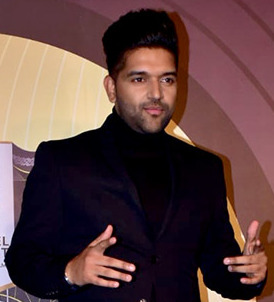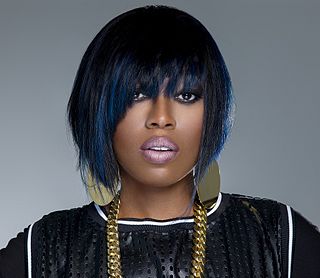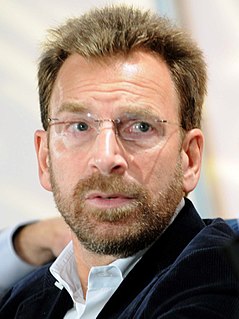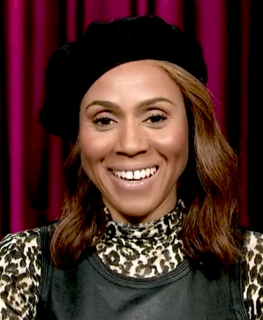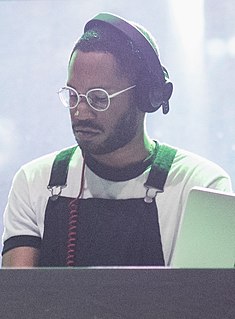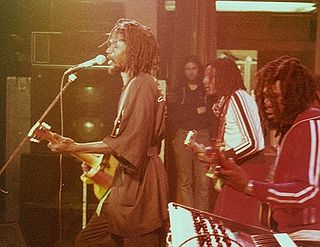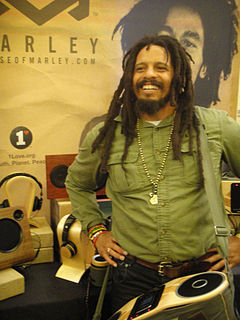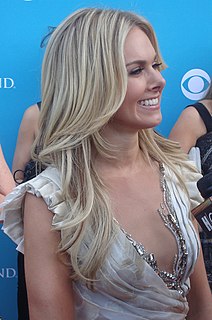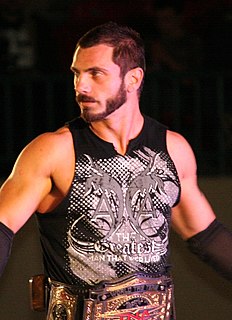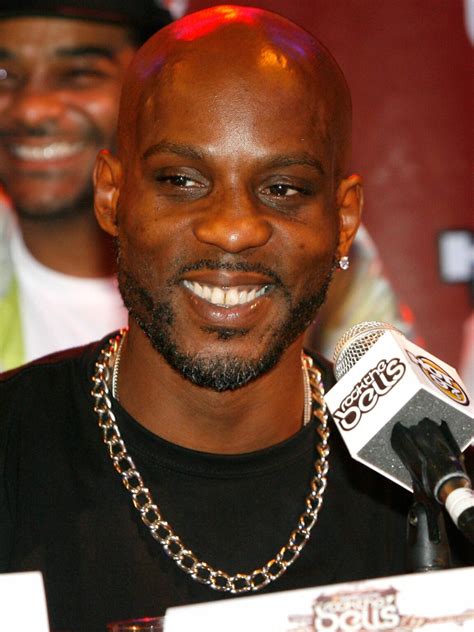A Quote by Guru Randhawa
I did my first album with my own record label.
Related Quotes
At 13 years old, I realized I could start my own band. I could write my own song, I could record my own record. I could start my own label. I could release my own record. I could book my own shows. I could write and publish my own fanzine. I could silk-screen my own T-shirt. I could do this all myself.
I love the way I make hip-hop and I refuse to make pop-rap. I don't refuse to make mainstream music, which is why I did a soul record. There was no reason why soul music couldn't get played on the radio and I still wanted to have a relationship with my record label. So, I really enjoyed doing the Strickland Banks album. But there's no point in my trying to release underground hip-hop music on a major label. That part of my talent, or part of my art, had to live somewhere else and feature film was the perfect vehicle for it.
When I first came to New York I was a dancer, and a French record label offered me a recording contract and I had to go to Paris to do it. So I went there and that's how I really got into the music business. But I didn't like what I was doing when I got there, so I left, and I never did a record there.
